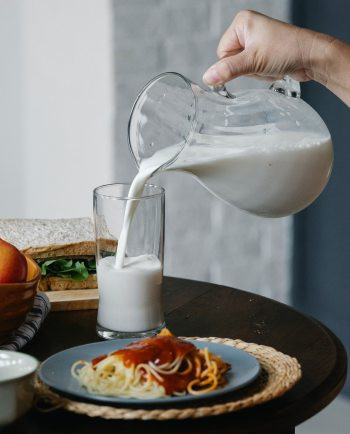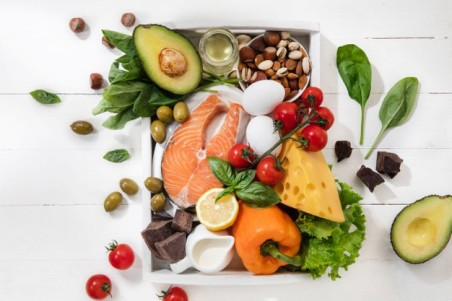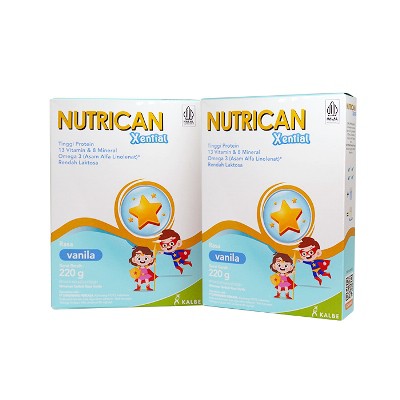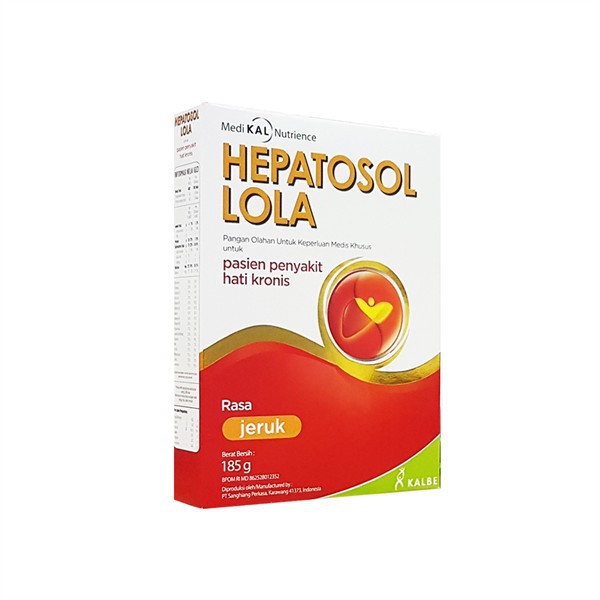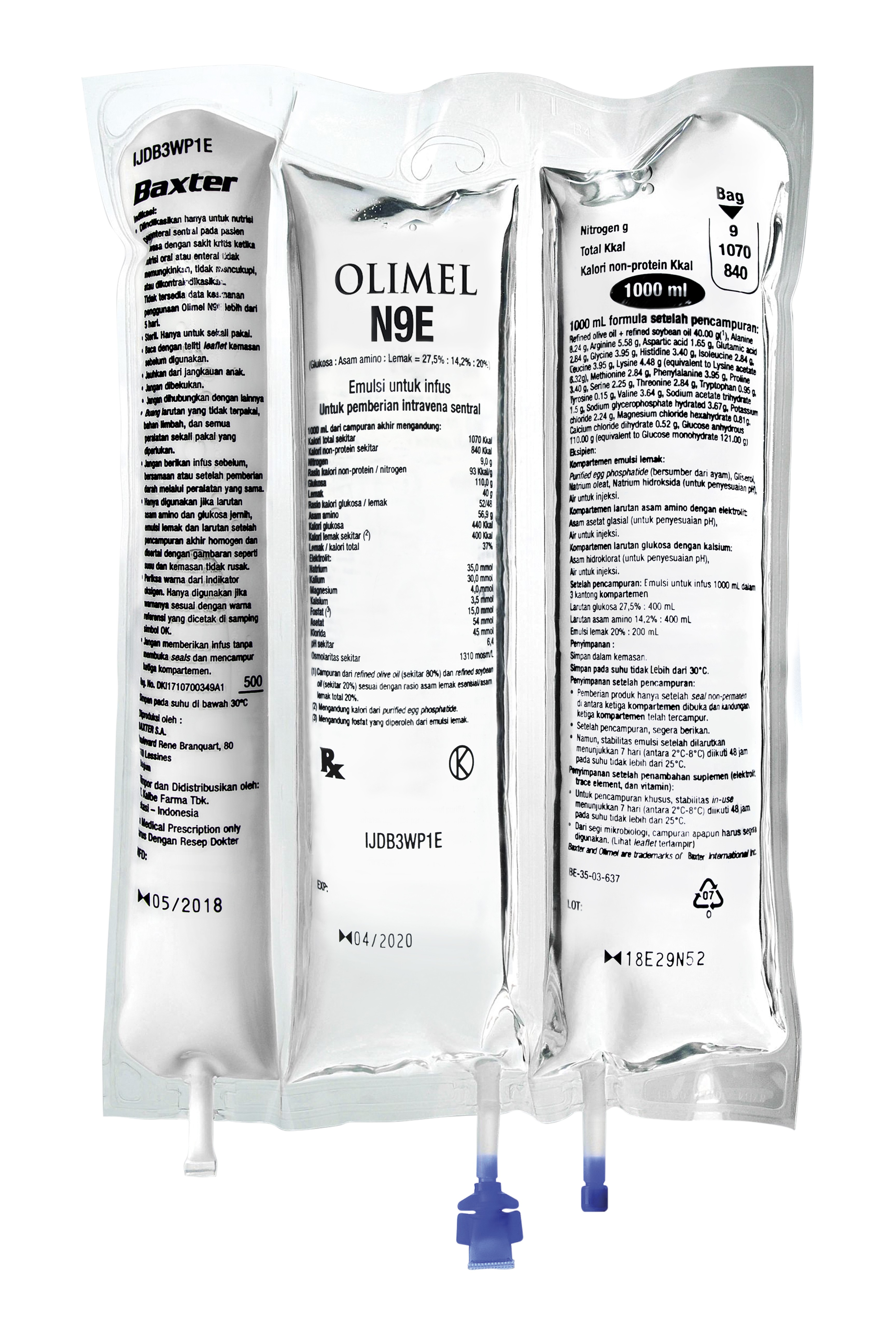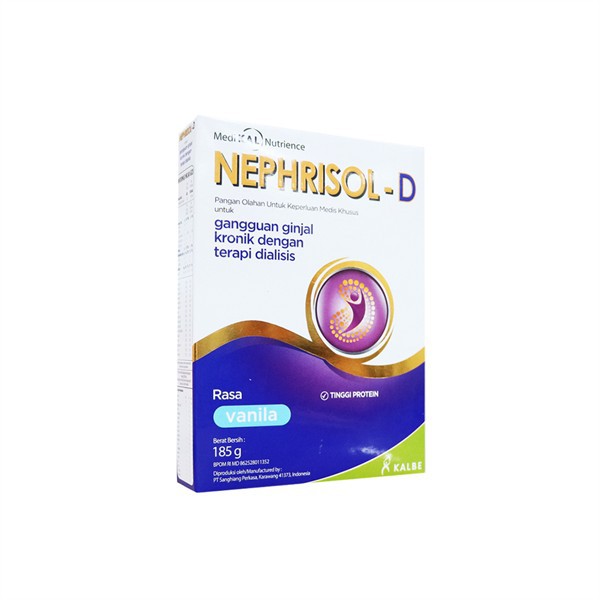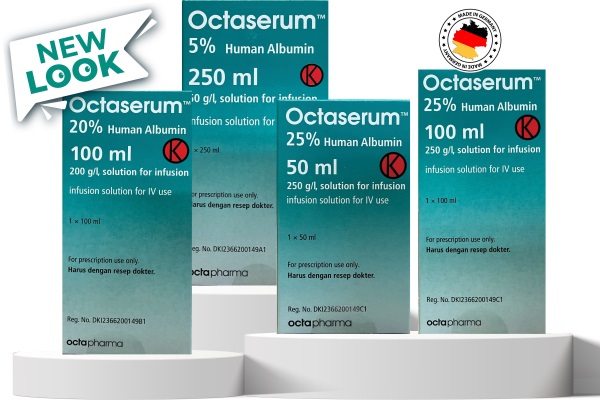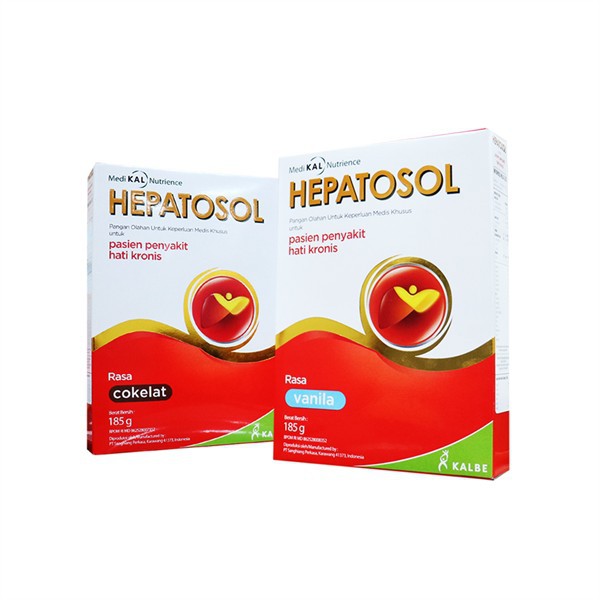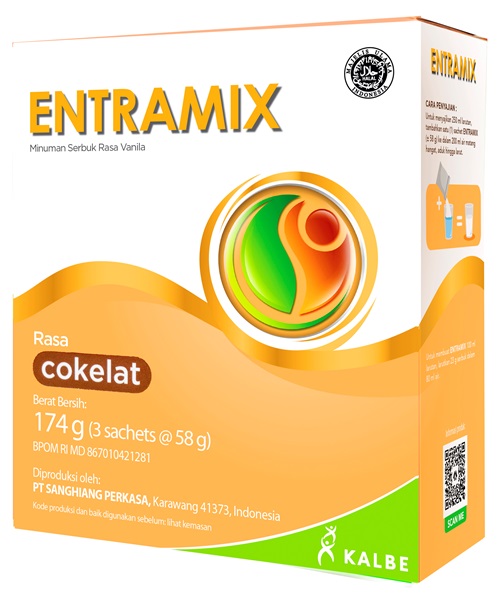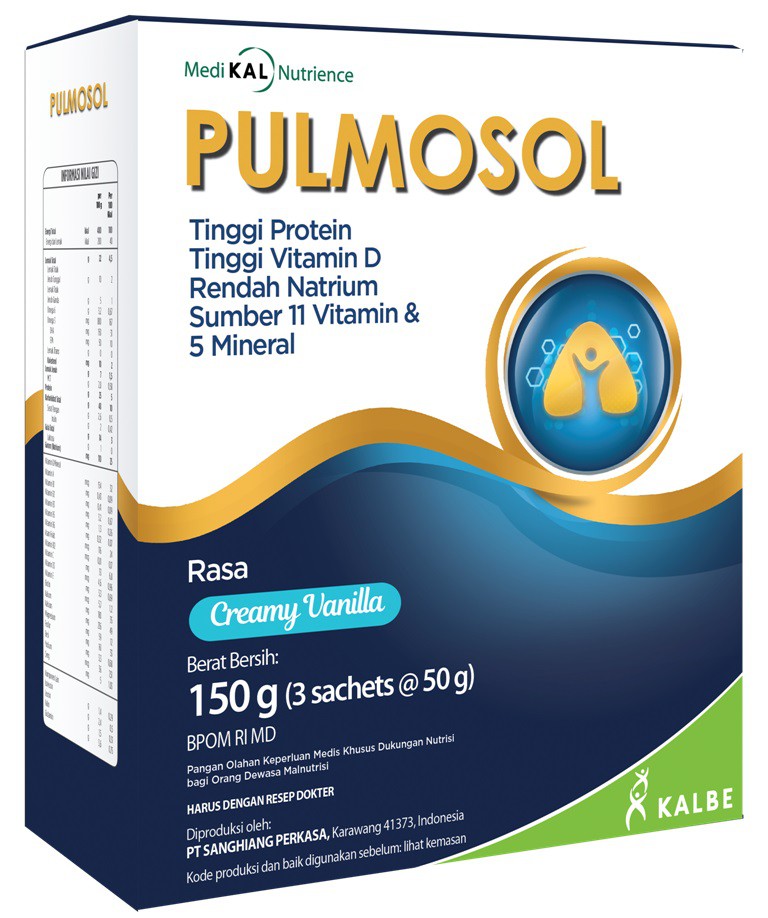
Enteral nutrition (EN) in intensive care unit (ICU) patients can provide physiological benefits such as reducing systemic immune response, reducing oxidative stress, maintaining gut microecology, promoting recovery of gut function, and improving patient outcomes. Many guidelines refer to the importance of early EN administration in ICU patients.
ICU patients often experience acute gastrointestinal injury (AGI), and mortality from AGI is high. Moreover, the severity of AGI correlates with mortality, and the benefits of early EN have not been exploited for AGI patients. In addition, inappropriate selection of EN formula may lead to feeding intolerance, which may reduce or even stop feeding. This may lead to delays in achieving calorie and protein targets, thus affecting the prognosis and clinical condition of patients with AGI grade I-II.
The following study aims to evaluate the effect of EN formulas (oligomeric/short peptide formula and whole protein/whole protein formula) on the prognosis of ICU patients with grade I-II AGI so as to provide guidance in formulating EN strategies.
The study was a retrospective cohort study with the primary objective to assess the percentage intake of calories (25 kcal/kgBB/day) and protein (1.2 g/kgBB/day) from EN on days 3 and 7 after admission to the intensive care unit (ICU), the percentage increase in calories and protein on days 3 and 7, and the incidence of gastric retention and diarrhea after EN administration. Secondary parameters evaluated were ICU mortality and death after 28 days, ICU length of stay, total hospitalization costs, and ventilator-free days. Univariate and multivariate Cox regression analysis was used to identify factors associated with gastric retention and diarrhea. The study also used Kaplan-Meier survival curves to compare 28-day mortality rates between the two groups.
Results:
- There were no significant differences in ICU mortality and mortality after 28 days, ICU length of stay, total hospitalization costs, or ventilator-free days in the oligomeric formula group compared with the whole protein formula group.
- Kaplan-Meier survival curves for 28-day mortality also showed no statistically significant differences.
- The percentage increase in calories and protein on days 3-7 in the oligomeric formula group was significantly higher than that in the whole protein formula group (48% vs 38 and 37% vs 38%, respectively).
- Gastrointestinal (GI) side effects, the incidence of gastric retention (15.5% vs 29.8%) and diarrhea (8.5% vs 19.8%) were significantly lower in the oligomeric group.
- In the multivariate adjusted analysis, the use of oligomeric formula was the only independent variable of decreased gastric retention.
Conclusion:
In this study, patients with acute phase AGI who received an oligomeric formula had a lower incidence of diarrhea and gastric retention as well as a greater percentage increase in intake for calories and protein during days 3-7 post ICU admission. Therefore, oligomeric formulas are more easily tolerated by patients in the acute phase of grade I-II AGI. Oligomeric formulas can also achieve nutritional targets quickly, making them the preferred formula for EN initiation in the acute phase of AGI.
Image: Illustration (Source: DCStudio Freepik)
Reference:
Wang YQ, Li YH, Li YT, Li HX, Zhang D. Comparisons between short-peptide formula and intact-protein formula for early enteral nutrition initiation in patients with acute gastrointestinal injury: a single-center retrospective cohort study. Ann Transl Med. 2022;10 (10):573.


